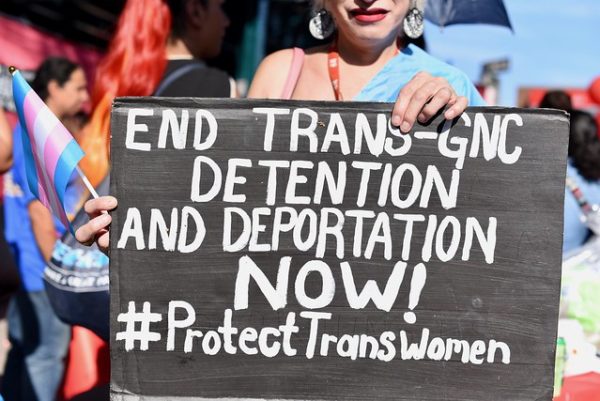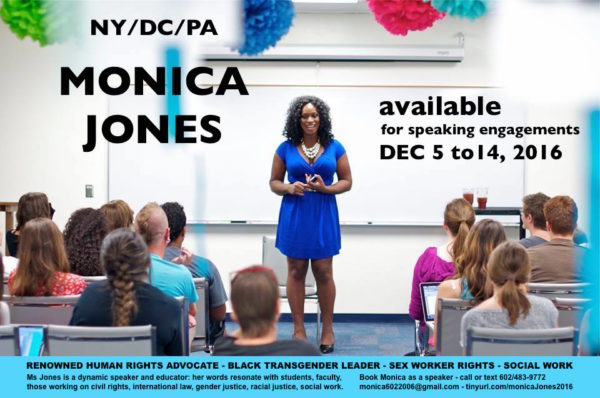The US State Department hosted one consultation for the upcoming Universal Periodic Review on January 27, 2020 at the Harry S. Truman Building in Washington, D.C. This occurred one week before the United States will finalize its report to the United Nations. If you were unable to attend, and many of our partner groups could not, then submit your thoughts on the human rights record of the United States and what the State Department should say to USUPR2020@state.gov. Last year a coalition of sex worker rights organizations submitted a national report to the United Nations for the Universal Periodic Review in May 2020. Below is a summary of BPPP’s statement that was presented in person by our coordinator yesterday.
The Best Practices Policy Project, an organization that is dedicated to supporting the health and rights of sex workers and related communities in the United States, will present about issues emerging from our coalition report submitted for the Universal Periodic Review (UPR). We would like to note that many of our partner organizations who worked on and contributed to our coalition UPR report could not access this consultation process. They are the Desiree Alliance, the Outlaw Project and the Black Sex Worker Collective. We cannot make up for their absence. However, we will raise some of our key concerns. We are pleased to see that our colleague from the New Jersey Red Umbrella Alliance is able to be here today.
Throughout the U.S. and at the borders criminalization and stigmatization of sex workers, and those profiled as such, prevents them from exercising their human rights and has directly resulted in rights violations by state agents. The current U.S. administration is violating the rights of immigrants as many others here have noted today. We would like to provide some information about this that has not yet been stated. The intersection of this with anti-prostitution policies has resulted in the death of migrant sex workers at the hands of state agents, the incarceration of migrant sex workers in rights violating detention centers, and deportation. The U.S. government has engaged in a sustained campaign to roll back the rights of transgender people. Transgender people are assumed to be sex workers by the authorities, leading to incarceration and immigration detention, where they are harmed, highly vulnerable to sexual assaults, and killed. We bring to your attention to the cases of Roxsana Hernandez, a transgender woman who died while seeking asylum in 2018, Layleen Polanco, an Afro-Latina transgender woman died in solitary confinement in 2019, and Yang Song, an immigrant woman who died as a result of a NYC anti-prostitution raid in 2017. In a previous UPR the United States accepted recommendation 86 that required that the US “…“[u]ndertake awareness‐raising campaigns for combating stereotypes and violence against [LGBT people] and ensure access to public services, paying attention to the special vulnerability of sex workers to violence and human rights abuses.” The US has passed new laws since the last UPR, such as the 2018 Stop Enabling Sex Traffickers Act (SESTA) and Allow States and Victims to Fight Online Sex Trafficking Act (FOSTA). This legislation limits the sharing of vital safety information for sex workers online and causes economic harm and social marginalization, including violating the right to freedom of association and assembly that have been affirmed at the US Supreme Court. This new law is undermining HIV programs, a serious situation given that the needs of sex workers are not adequately addressed in the US.
Our question is as follows, and we hope that the State Department will respond to this in the forthcoming report: “what has the United States done to stop rights violations against sex workers and to reduce vulnerability to violence of sex workers and communities often affected by violations due to being assumed to be sex workers?” This question also relates to the acceptance of UPR recommendation 86 in 2011.


